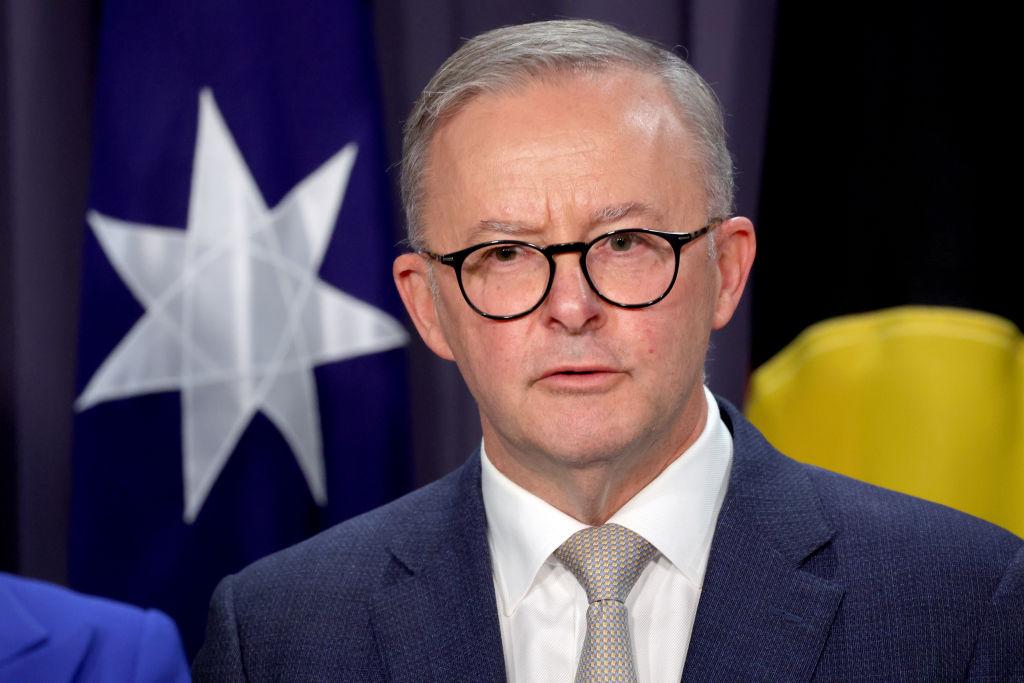Australia’s federal centre-left Labor government has agreed to extend the current COVID-19 health funding arrangement for states until the end of the year, meaning the 50-50 funding commitment between the states and Commonwealth, due to expire at the end of September, will remain in place.
This means that the federal government will be contributing an extra $760 million towards supporting Australia’s state and territory health systems.





